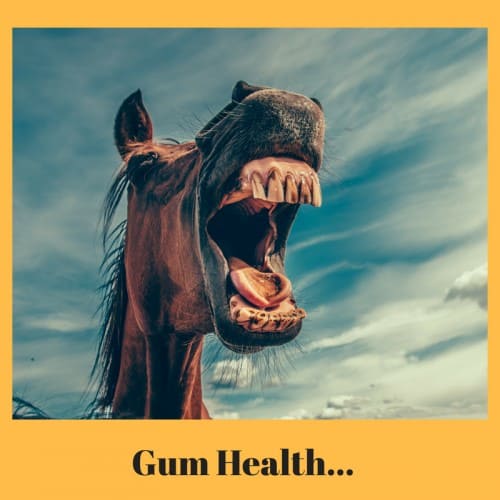 It can be a scary moment when you hear your dentist or hygienist utter the words ” you have some gum recession“, automatically you have visions of your teeth hanging on without supported gums or worse, visions of them all falling out!
It can be a scary moment when you hear your dentist or hygienist utter the words ” you have some gum recession“, automatically you have visions of your teeth hanging on without supported gums or worse, visions of them all falling out!
However, rest assured this is not the case, there are different stages of gum recession with most people falling into the “mild” category. Even if you have a more severe case, know that it can be treated and there are solutions for you.
What is gum recession? (Gingival Recession)
Gum recession is where the gum recedes below the tooth and wears away, or pulls back, exposing more of your tooth or your tooth’s root. When this happens, disease causing bacteria can start to build in the “pockets” or the gaps between the tooth and the gum line. Gum recession is one of the more common dental problems people may have but if left untreated, the supporting tissue and bone structures of the teeth can be severely damaged, and may ultimately result in tooth loss.
What causes gum recession?
- Brushing your teeth too aggressively– you should always use a soft bristle toothbrush or an electric one and not be attempted to scrub your teeth!
- Genetics– unfortunately the health of your gums can come down to genetics, if one or more of your parents suffered with gum recession there is a high likelihood that you will too.
- Teeth grinding– grinding can cause undue stress on your teeth – a night guard can help with this. Teeth grinding can cause many dental issues so it is always worth investigating if you think you may suffer with it.
- Not looking after your teeth– may be an obvious one, but not brushing your teeth at least twice a day, not flossing and not having regular dental checks all add greatly to the risk of developing gum recession.
- Hormones– women have an increased risk of developing gum recession due to fluctuations in hormone levels seen in puberty, pregnancy and the menopause.
The treatment:
If you are diagnosed with mild gum recession catching it early and addressing it straight away will ensure you keep it under control. Your dentist can help identify the causes for it and instruct you on measures to address it and stop it developing further. Your dentist will give you advice on what toothbrush you should use and how to use it properly, how to floss correctly and if needed as with teeth grinding, they can advise you on the different types of night guards. They will also recommend regular hygienists visits to keep the pockets free from bacteria.
If you are diagnosed with more developed stages of gum recession you may be referred to a periodontist (a gum specialist), this is a service that we offer in our clinic.
A periodontist will do a deeper more intensive cleaning of your teeth and gums. How often this cleaning occurs will depend on the stage of the gum recession. Depending on the cause of your gum recession, the periodontist may advise you to have a surgical treatment also know as a gum graft.
If you have any questions on gum recession or feel you may suffer with it you can call us on T: 01 4542022 or E: info@portobellodental.com and we can advise you accordingly.



